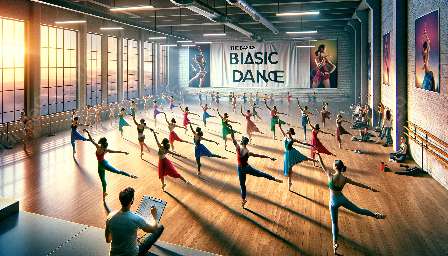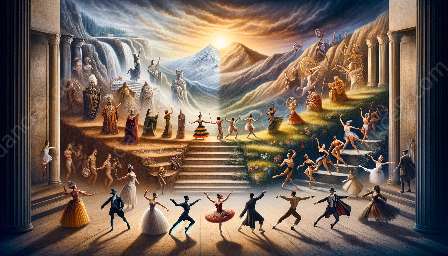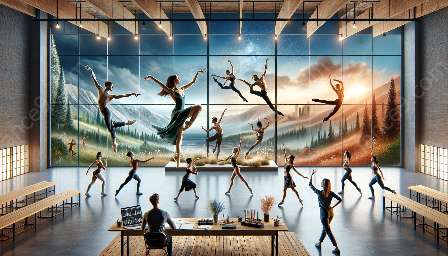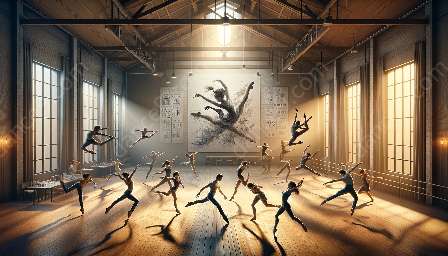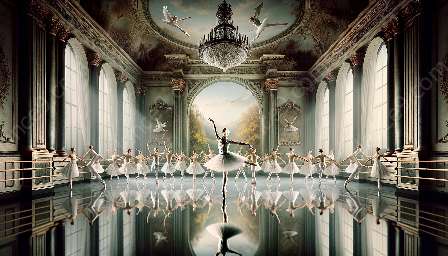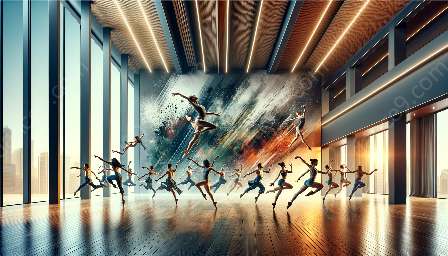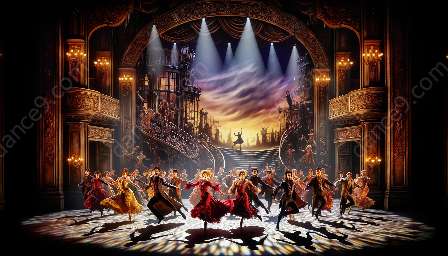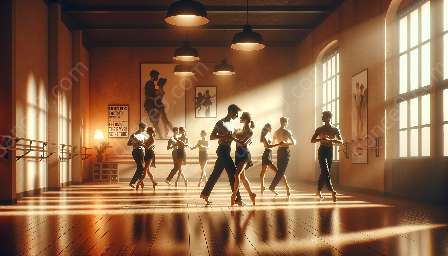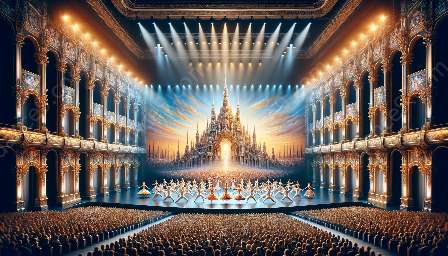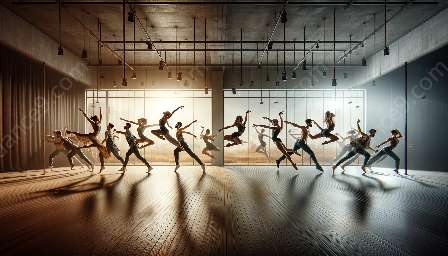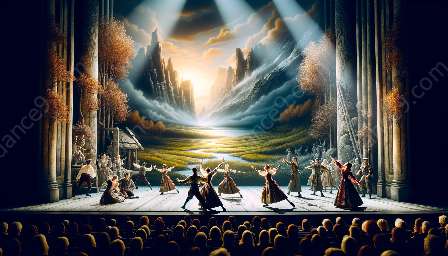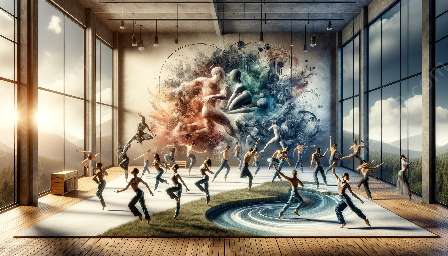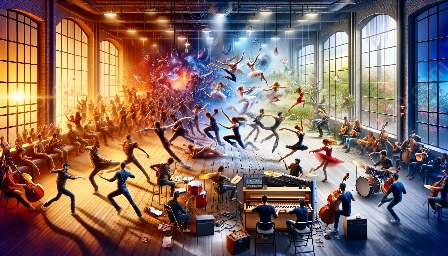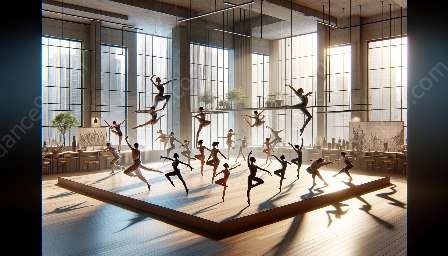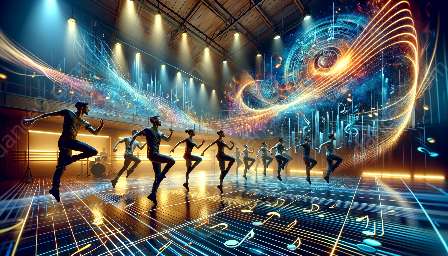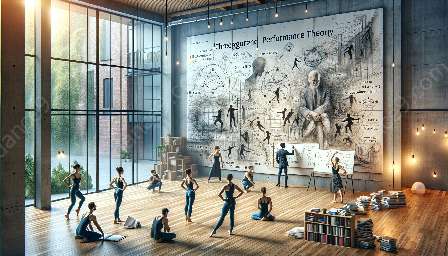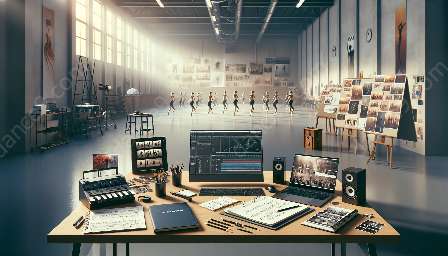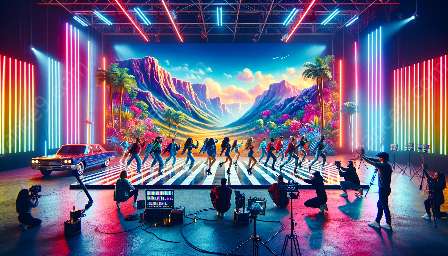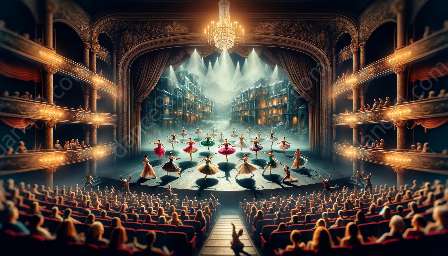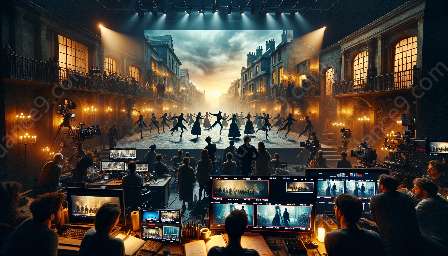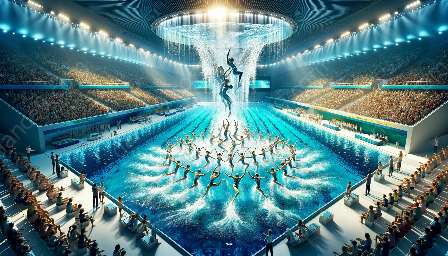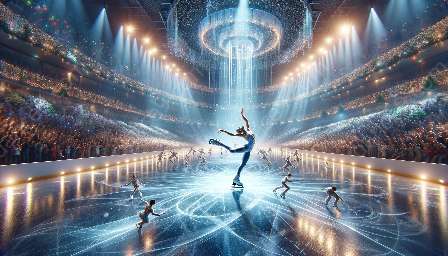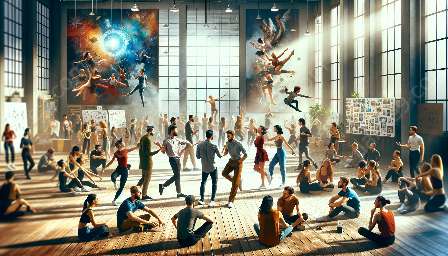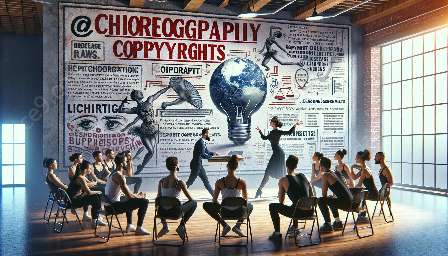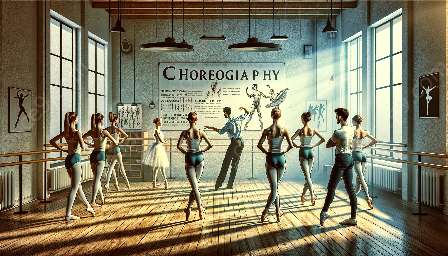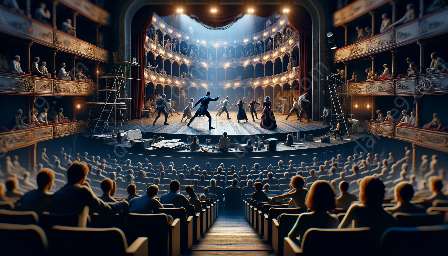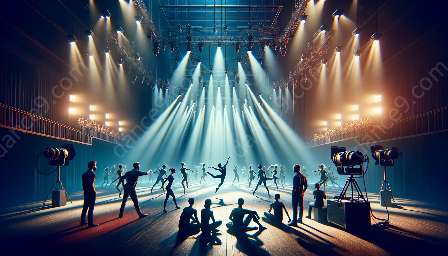Skating has long been a popular and captivating sport that combines athleticism, artistry, and creativity. One integral aspect of any skating routine is the music that accompanies the performance. Choosing the right music can enhance the choreography and storytelling, creating a more engaging and memorable experience for both skaters and audiences. However, when it comes to using music for skating routines, there are important legal considerations that skaters, choreographers, and event organizers must take into account.
Intellectual Property Rights
One of the primary legal considerations in using music for skating routines is related to intellectual property rights. Musical compositions and recordings are protected by copyright law, which gives the creators or copyright holders exclusive rights to control the use and distribution of their work. Skaters and choreographers must obtain the necessary permissions and licenses to use copyrighted music in their routines, whether it's for competitive performances, professional shows, or public exhibitions.
It's essential to understand that using copyrighted music without permission constitutes a copyright infringement, which can result in legal consequences, including fines and injunctions. Therefore, skaters and choreographers should be diligent in securing the appropriate licenses from the relevant copyright owners, such as music publishers, record labels, and performing rights organizations.
Performance Rights Organizations (PROs)
Skaters and choreographers should also be aware of the role of Performance Rights Organizations (PROs) in managing and licensing public performance rights for musical works. PROs, such as ASCAP, BMI, and SESAC, represent the interests of songwriters, composers, and music publishers by collecting royalties and issuing licenses for the public performance of their repertoire.
When using music for skating routines in public settings, including competitions, ice shows, and other skating events, skaters and choreographers may need to obtain performance licenses from the relevant PROs to ensure compliance with copyright law and compensate the creators of the music. Understanding the process of acquiring performance licenses and fulfilling the associated royalty obligations is crucial in avoiding potential legal issues and supporting the music industry's sustainability.
Custom Music and Original Compositions
To navigate the legal considerations of using music for skating routines, skaters and choreographers may consider creating custom music or commissioning original compositions specifically tailored to their performances. By working with composers, musicians, and music producers, skaters can obtain music that is uniquely crafted to complement their choreography and express their artistic vision.
Creating custom music offers several advantages, including the ability to negotiate rights and usage terms directly with the music creators, avoiding the complexities of obtaining licenses for existing copyrighted works, and having a one-of-a-kind soundtrack that sets their routines apart. Additionally, commissioning original compositions can be a rewarding collaboration that supports emerging artists and contributes to the expansion of the skating music repertoire.
Compliance with Event Regulations
When choreographing for skating events, skaters and choreographers must also consider the event-specific regulations and guidelines regarding music usage. Different competitions, showcases, and exhibitions may have their own rules and policies concerning music selections, permissible durations, editing requirements, and technical specifications.
It is essential for skaters and choreographers to familiarize themselves with the music-related regulations and requirements of each event they participate in, ensuring that their musical choices align with the established guidelines and do not result in disqualification or penalties. By proactively addressing the legal and regulatory aspects of music usage, skaters can focus on delivering captivating performances without the distraction of potential legal disputes or administrative issues.
Conclusion
As an integral element of skating routines, music plays a significant role in enhancing the choreography, storytelling, and emotional impact of performances. However, skaters, choreographers, and event organizers must prioritize understanding and adhering to the legal considerations associated with using music for skating routines. By respecting intellectual property rights, obtaining necessary licenses, exploring custom music options, and complying with event regulations, skaters can ensure that their performances are not only artistically compelling but also legally sound. Ultimately, navigating the legal landscape of music for skating routines contributes to the sustainability of creative expression in the skating community while upholding the rights of music creators and copyright owners.

